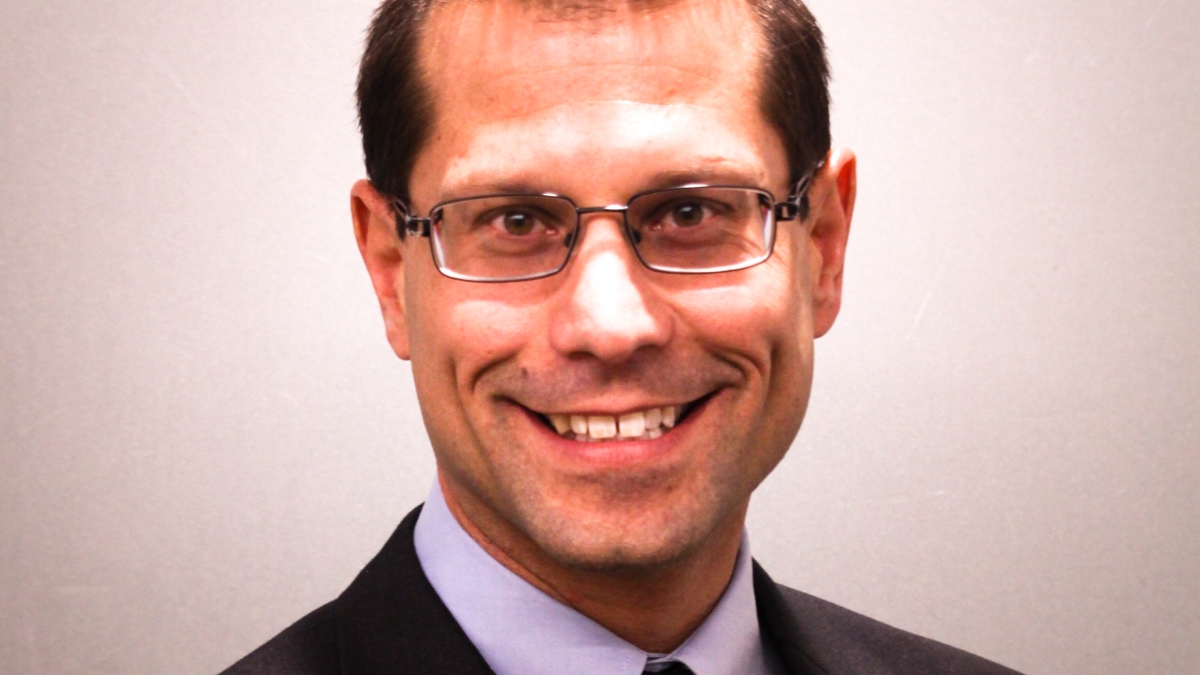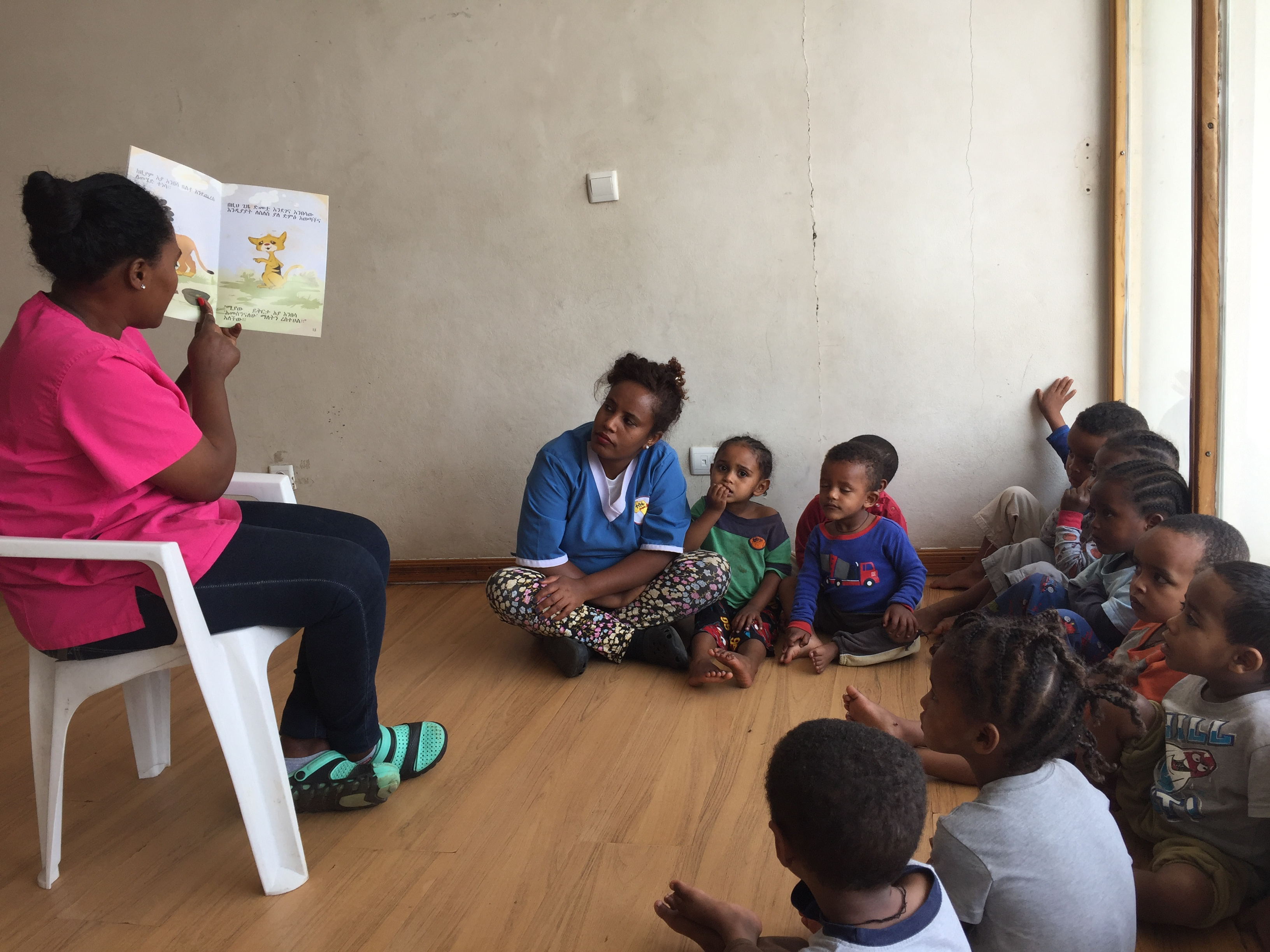A short interview with Carlos Valiente, PhD, from ASU's Sanford School

Carlos Valiente, PhD
Meet Carlos Valiente, PhD, an associate professor in the T. Denny Sanford School of Social and Family Dynamics.
Question: Tell us about your research in Ethiopia.
Answer: The key goal of the research was to test if Ethiopian children’s temperament is related to their academic competence. A secondary goal was to test why these relations are present. To accomplish these goals, I worked with seven Ethiopian colleagues to collect data from children in pre-K to 2nd grade. Children completed tasks that assessed their emotional engagement in school and self-regulation. The teachers reported on children’s emotions, self-regulation, relationships with peers, school engagement, and achievement. All children were from extremely materially poor families. In fact, most were living on about $35 USD a month, and many lived in and around the trash dump in Addis Ababa.
Q: What were you hoping to achieve with your research?
A major limitation of the existing research is that it only represents a very small percentage of children, say maybe 10 percent, and these 10 percent largely reside in WEIRD (White, Educated, Industrialized, Rich, Democratic) societies. It is therefore largely unknown if the same processes I study among children living in Phoenix are relevant in other societies. I wanted to expand our knowledge and help local organizations as they strive to meet the physical and educational needs of children in their programs.

An Embracing Hope caregiver is reading a story to pre-school children.
While working for Embracing Hope, I:
• led efforts to implement play-based and reading activities that are designed to improve the quality of care being delivered—especially as it relates to social and academic development.=
• wrote two funded grants for Embracing Hope that will allow them to purchase learning materials, purchase items to improve the delivery of drinkable water and food, purchase medical supplies/pay for medical visits, acquire funds to prepare for the next community disaster, and improve their IT system
• improved their case management system that tracks the approximately 300 families in the program
• worked with students and colleagues from around the country to develop training materials for Embracing Hope teachers
Living in Ethiopia must have been an incredible change from living in Arizona. What stands out most from your time there?
It was quite difficult to constantly live in a stressful and impoverished environment. There was stress related to overcoming challenges of everything taking longer and being harder than what we experienced in the USA. In addition, shortly after moving to Ethiopia, there was significant political unrest. As a result, the government declared a state of emergency, which created a lot of uncertainty about if we could remain in Ethiopia. It also impacted our ability to use the internet and travel. But, the hardest part was living among an extremely poor population and learning when and how we could serve the people in our community in a way that would have lasting benefits.

